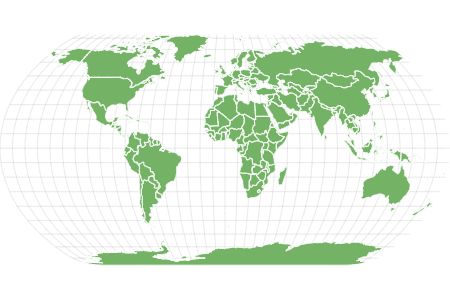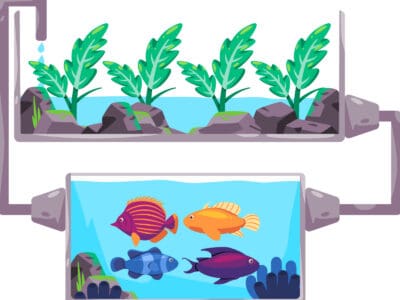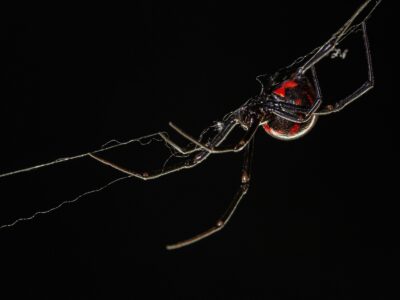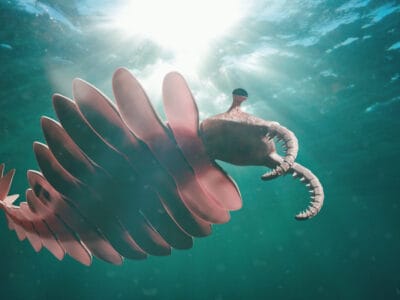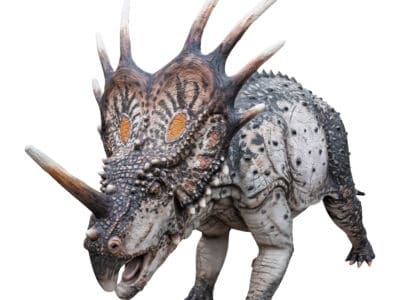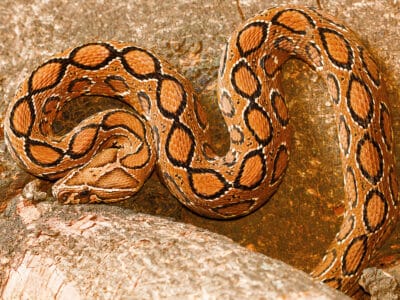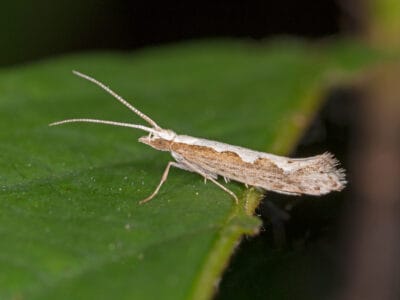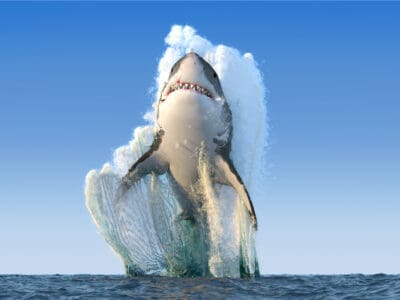Wrought Iron Butterflyfish
.jumbotron {
background-image: url(“https://a-z-animals.com/media/2022/04/Wrought-Iron-Butterflyfish-header-400×300.jpg”);
}
}
@media only screen and (min-width: 641px) and (max-width: 920px) {
.jumbotron {
background-image: url(“https://a-z-animals.com/media/2022/04/Wrought-Iron-Butterflyfish-header-470×370.jpg”);
}
}
@media only screen and (min-width: 921px) {
.jumbotron {
background-image: url(“https://a-z-animals.com/media/2022/04/Wrought-Iron-Butterflyfish-header.jpg”);
}
}
Wrought Iron Butterflyfish
Chaetodon daedalma
Is endemic to Japan.
Wrought Iron Butterflyfish Scientific Classification
- Kingdom
- Animalia
- Phylum
- Chordata
- Class
- Actinopterygii
- Order
- Perciformes
- Family
- Chaetodontidae
- Genus
- Chaetodon
- Scientific Name
- Chaetodon daedalma
Read our Complete Guide to Classification of Animals.
Wrought Iron Butterflyfish Conservation Status
Wrought Iron Butterflyfish Facts
- Prey
- Plankton and other invertebrates.
- Group Behavior
-
- Group
- Fun Fact
- Is endemic to Japan.
- Estimated Population Size
- Unknown
- Biggest Threat
- Fishing
- Most Distinctive Feature
- Metallic black body
- Optimum pH Level
- 7.0 to 7.8
- Habitat
- Rocky coral reef
- Diet
- Omnivore
- Type
- Fish
- Common Name
- Wrought iron butterfly fish
- Number Of Species
- 1
This post may contain affiliate links to our partners like Chewy, Amazon, and others. Purchasing through these helps us further the A-Z Animals mission to educate about the world’s species..

Spiders that fly! Fish that walk! And 1000+ more incredible animals. Discover them all for FREE
.photo-gallery {
–margin: 0px auto 0px;
–padding: 0px 0px 0px 0px;
}
.gallery-link {
background-image: url(“https://a-z-animals.com/media/2022/04/Wrought-Iron-Butterflyfish-header-1024×614.jpg”);
background-repeat: no-repeat;
background-size: cover;
background-position: center;
height: 500px;
justify-content: center;
text-align: center;
align-items: center;
display: flex;
border: 2px solid #000;
}
.gallery-link img {
height: 50%;
}
@media only screen and (max-width: 768px) {
.gallery-link {
height: 300px !important;
}
}
View all of the Wrought Iron Butterflyfish images!
The wrought iron butterflyfish stands out from other butterflyfish species because it isn’t nearly as colorful.
Instead, its notable metallic black scales are adorned with hints of yellow, making it a beautiful addition to home tanks for anyone with a proclivity for saltwater fish. They are among the most expensive fish in the world, and they are incredibly rare to naturally found outside of Japan.
See all of our expert product reviews.
5 Wrought Iron Butterflyfish Facts
- The wrought iron butterflyfish is endemic to several Japanese islands, making them a rare sight to see anywhere else.
- The main reason that this fish has any commercial appeal is to list it for sale for thousands of dollars in the pet trade.
- They are one of the most expensive fish in the world, often priced above $4,000. However, if you want to see one, it can be found in the Waikiki Aquarium in Hawaii.
- The typical environment of this species of butterflyfish is near saltwater coral reefs, which is where they source their food.
- They are quite fast and will quickly zip away from predators.
Wrought Iron Butterflyfish Classification and Scientific Name
The Wrought Iron Butterfly Fish has the scientific name Chaetodon daedalma. It is part of the Chaetodontidae family and the Actinopterygii class. There are no recognized subspecies right now.
The name for this fish was originally decided by David Starr Jordan and Henry Weed Folwer, who were ichthyologists. The word “daedalma” is a type of embroidery, used to describe the pattern found along the body of the wrought iron butterflyfish. The word “Chaetodon” comes from the Greek language, which is a combination of “chait” (“hair”) and “odous” (“teeth”).
Wrought Iron Butterflyfish Appearance
The reason that this species of butterflyfish has its name is the metallic black color of its body. Its dorsal, caudal, and anal fins are decorated in yellow, though there are some markings scattered across the scales of the body as well. The scales have black margins with a yellow center. Most people see butterflyfish as a colorful fish, so these markings are a clear contrast to the rest of the species.
In total, the total length of this fish can range greatly, typically reaching no less than 5-6 inches long.
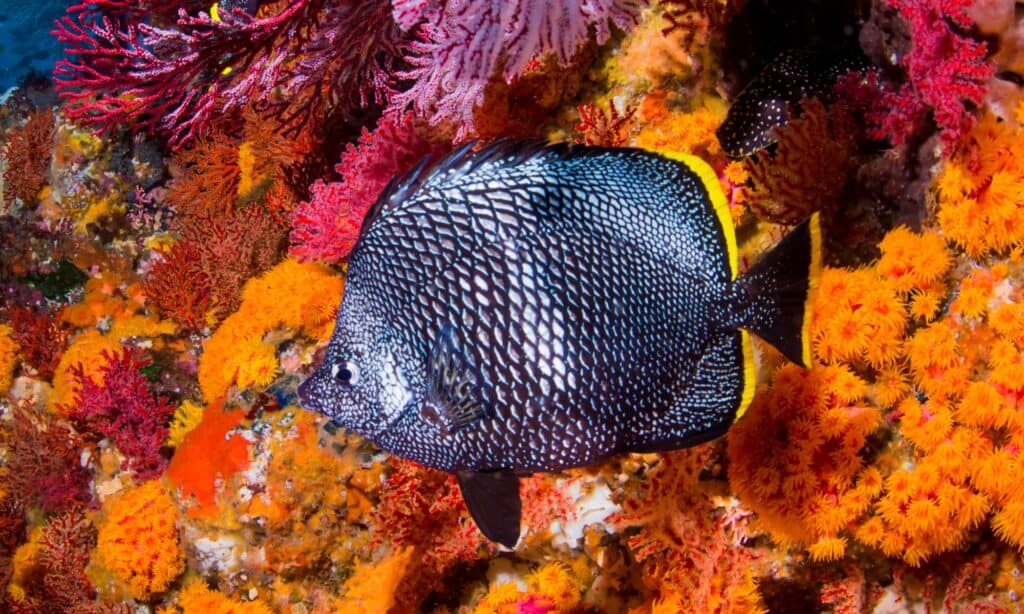
iStock.com/inusuke
Wrought Iron Butterflyfish Distribution, Population, and Habitat
The wrought iron butterflyfish primarily lives in the Pacific Ocean near Japan. Based on their current numbers and stability, the IUCN states that they are of Least Concern.
Health and Entertainment for your Wrought Iron Butterflyfish
See all of our expert product reviews.
Where to find: Wrought Iron Butterflyfish and How to Catch Them
Since the wrought iron fish is so specific to a certain region, finding them outside of the Japanese islands south of Sagami Bay is only a possibility if they are purchased as part of the pet trade. They prefer to live in depths of at least 33 feet, and they are found in groups called schools with at least 10 other individual fish.
If you want to find one of these fish, you’ll have to look during the daytime when they might be eating algae or benthic invertebrates as part of their diet. If they are eating, you’ll likely see their entire group together. They can also be found in many aquariums, using their Hawaii reef aquariums for the similarities in their environments.
Due to their diet, the wrought iron butterflyfish live near rocky reefs. While a specific population for the wrought iron butterflyfish is unknown, the IUCN sees them as Least Concern.
Wrought Iron Butterflyfish Predators and Prey
The wrought iron butterflyfish doesn’t really have any defense mechanisms on their body to protect them. However, to escape their predators, they’ll quickly swim away, if possible. These fish might indulge in invertebrates, but much of their diet consists of algae. They aren’t big hunters as adults or juveniles, only requiring some places to hide and regular feeding as pets.
What eats Wrought Iron Butterflyfish?
The predators associated with these butterflyfish include larger fish around the same reef. These larger fish include moray eels, groupers, and snappers. Even as a juvenile fish, these fish can be consumed by sharks and other big animals.
Since there isn’t much call for the commercial sale of the wrought iron butterflyfish in restaurants, humans are not one of the main predators associated with it.
What do Wrought Iron Fish eat?
This butterflyfish isn’t typically a hunter, consuming plankton and invertebrates that happen to be around the coral reefs that they live near. They also consume algae.
Wrought Iron Butterflyfish Reproduction and Lifespan
During breeding, this butterflyfish is monogamous, partnering to fertilize their eggs. They’ll stay with the same partner for the rest of their lives. The fertilization is external, and the water must be between 7.0 and 7.8. If you are trying to breed them at home, their water just needs to be cooled and the eggs basically lay themselves, attaching to floating plants in the tank.
Like most fish, there’s no parental care for the eggs. If they are left to hatch in the tank (which takes about 7 days), the parents will likely eat them while they are still fry. With their immobility, the baby fish are poor hunters.
Wrought Iron Butterflyfish In Fishing And Cooking
The trade for this butterflyfish is limited because the cost to purchase them is high and their conditions need to be cool to keep them alive. Exportation is the easiest way to distribute them to specialty pet stores. It is seen as a commercial fish because it is not ordinarily fished for fun.
Wrought iron butterflyfish, like other species of butterflyfish, are not prepared as food. Most people avoid these types of fish to avoid toxins, but these fish aren’t toxic. They are better kept as pets for aquariums.
View all 74 animals that start with W
Wrought Iron Butterflyfish FAQs (Frequently Asked Questions)
Is butterflyfish hardy?
Absolutely. This fish adapts well to any aquarium, and it is relatively easy to feed. They tend to come with an expensive price tag of at least $4,000. They can be found for sale online.
Are butterflyfish easy to keep?
Yes. Their ability to adapt to any tank makes them a coveted species. However, you’ll need to accommodate their large size because the fish can grow up to 9 inches long with enough room. The price of the tank alone can be high, but it is no match for the thousands of dollars that you’ll pay for a juvenile butterflyfish.
How rare is a butterflyfish?
It is relatively uncommon, primarily appearing in the wild from April to September in the saltwater regions near Japan. However, during this window of opportunity, they can be seen all day. Due to their rare nature in the pet trade, most places attach a price of $4,000 or more to the juveniles.
What do butterflyfish indicate?
Fishermen see the presence of butterflyfish around a coral reef as a good sign, indicating that the coral is healthy. Without this population, it is a sign that the health may have taken a turn for the worst.
Where are wrought iron butterfly found?
This fish is specific to the western Pacific Ocean, surrounding central and southern Japan. As a pet, they are often listed for sale by breeders online, though you can also find them in aquariums in Hawaii.
Sources
- IUCN Redlist, Available here: https://www.iucnredlist.org/species/165699/6095305
- Wikipedia, Available here: https://en.wikipedia.org/wiki/Chaetodon_daedalma
- Reef Builders, Available here: https://reefbuilders.com/2015/07/17/the-pyramid-butterflyfish-a-hardy-reef-safe-chaetodontid/
- Rate My Fishtank, Available here: https://www.ratemyfishtank.com/blog/choosing-the-right-butterflyfish-for-your-reef-tank
- Nookipedia, Available here: https://nookipedia.com/wiki/Butterfly_Fish
- American Oceans, Available here: https://www.americanoceans.org/species/banded-butterflyfish/
- The Dallas World Aquarium, Available here: https://dwazoo.com/animal/wrought-iron-butterflyfish/
- Seattle Aquarium, Available here: https://www.seattleaquarium.org/sites/default/files/files/Butterflyfish%20Infograph-hires-F_0.pdf
- Success Story, Available here: https://successstory.com/lists/most-exotic-fish-for-a-saltwater-aquarium

